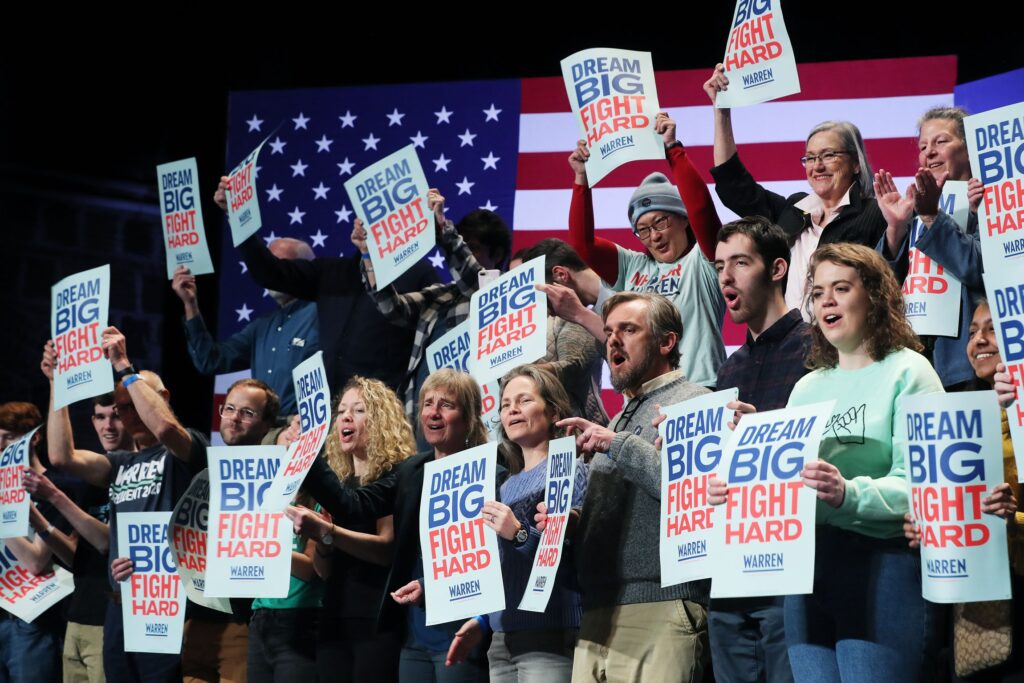The Iowa and New Hampshire caucuses shed light on the upcoming general election in the US. These early contests can reveal candidate momentum, grassroots backing, and regional attitudes, which have great influence on the final election. Former-president Donald Trump won by a comfortable margin in both the New Hampshire and Iowa caucuses: so what does this mean for the general election coming up?
The Iowa and New Hampshire Republican nominating contests have underscored Donald Trump’s continued dominance within the party, despite his multitude of court dates. The caucuses did however reveal cracks in his electoral armor and potential challenges he could face in the general election. While Trump’s campaign acknowledges his polarizing nature, advisers are trying to emphasize their potential pivot towards broader issues such as immigration and the economy. Reflecting on the primaries, New Hampshire Governor Chris Sununu sarcastically critiqued Trump’s electability, stating:
“He only lost to Biden in the last major election and then lost to Biden’s candidates in 2022.”
Concerns about Trump’s nomination echo within the Republicans, one House member warned that it could cost the GOP control of the chamber. Florida Governor Ron DeSantis highlighted the need to engage disaffected voters, he expressed severe concern over those who “don’t want to vote for Trump again.” Trump’s response to these concerns, evidenced by his criticism of fellow Republican Nikki Haley, prompted former South Carolina Rep. Trey Gowdy to remark that “winners don’t do that.”
The persistence of Donald Trump’s dominance within the Republican Party, despite emerging challenges, raises questions about his viability in the general election. Nikki Haley Concerns within the GOP regarding Trump’s electability suggest a divisive nomination that could hinder broader party goals. Trump’s response to dissent and his focus on loyalty over unity may further alienate disaffected voters, which could inevitably impact voter turnout crucial for success in the general election.

All in all, the general election holds significant uncertainty as the Republican Party grapples with the enduring influence of Donald Trump. While Trump’s dominance within the party remains apparent, the cracks in his electoral armor highlighted by the Iowa and New Hampshire caucuses underscore the potential challenges lying ahead.

